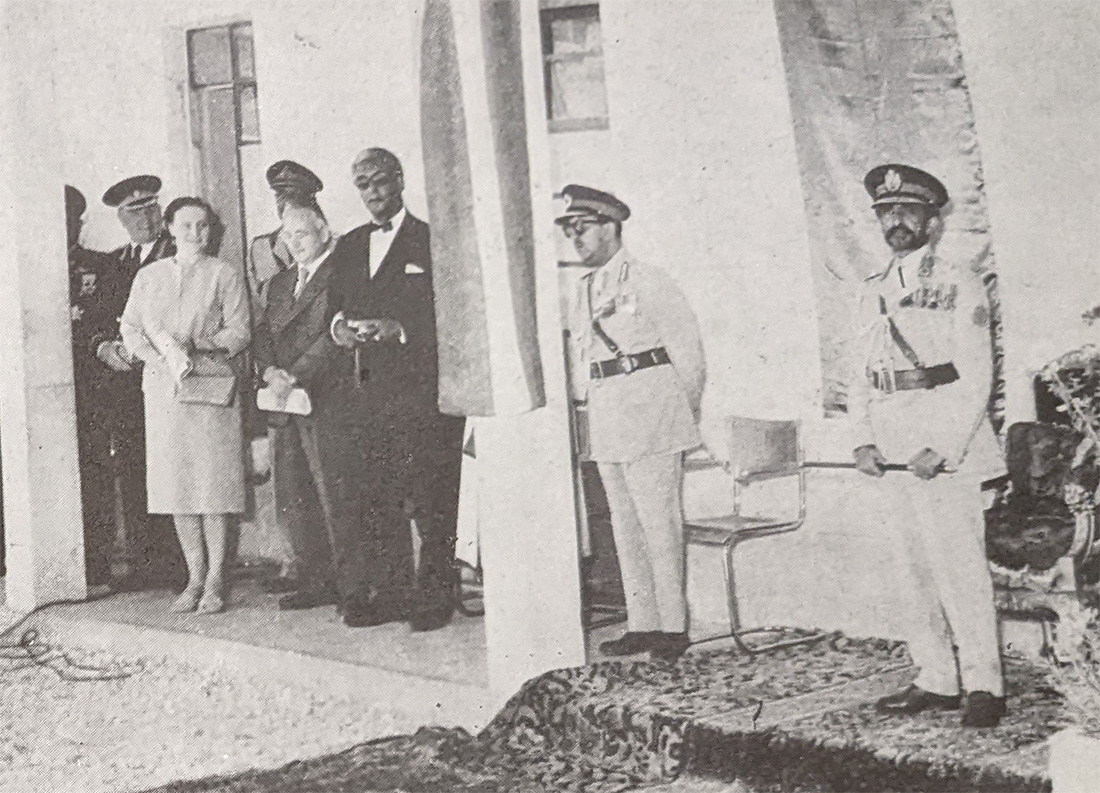Psychiatric Encounters between Czechoslovakia and Ethiopia during and after Communism

Talk by Dr Sarah Marks, Centre for Interdisciplinary Research on Mental Health, Birkbeck, University of London.
Abstract
In 1959, a partnership was formed between Haile Selassie’s Ethiopia and Communist Czechoslovakia, for a hospital to be built in the Ethiopian town of Harar, along with three rural health clinics, and for training scholarships for Ethiopian medical students to come to Prague. Ethiopia, a nation which unlike other African nations had never been truly colonized, had close trade and diplomatic relations with Czechoslovakia since the interwar period, which endured throughout the Communist years and into the post-socialist period. Like many East European-African partnerships during the Cold War there was a contribution to the training of experts, the temporary posting of Czechoslovak healthcare professionals, material support for building projects, and technical assistance with medical equipment. In the case of the Harar hospital, a psychiatrist was also dispatched to take charge of a clinic; Ethiopian medical students were also sometimes hospitalized during their time in Prague with psychiatric symptoms. This paper, which draws on ongoing research conducted by Sarah Marks and Sarah Howard for the Connecting Three Worlds project, contextualizes the encounter between Czechoslovak mental health professionals and Ethiopian patients in Harar and Prague. Drawing on archival and published primary sources from Ethiopia, the Czech Republic, and the WHO archives, it reconstructs the establishment of services in Ethiopia, the Czechoslovak psychiatric gaze in these contexts, and how the Ethiopian patient was theorized and diagnosed within a system of mental health science which was itself in flux during and after the Communist period. Drawing on different diagnostic categories, this case study offers an alternative history to the ethnopsychiatric theories of the British colonial and post-colonial settings, and the paper will explore these differences from a comparative perspective.
Bio
Sarah Marks is a Senior Lecturer in Modern History and UKRI Future Leaders Fellow at Birkbeck, University of London. Her research examines mental health, medicine, and the sciences in the modern and contemporary world, in transnational context. She also researches the lived experience of mental ill-health and its treatment, collaborating with qualitative researchers and anthropologists. She is the founding Director of the Birkbeck Centre for Interdisciplinary Research on Mental Health and an Editor for the interdisciplinary journal History of the Human Sciences.
Map of South Campus
View directions.
View on map of the Faculty of Humanities - South Campus.
View map of South Campus (pdf).
